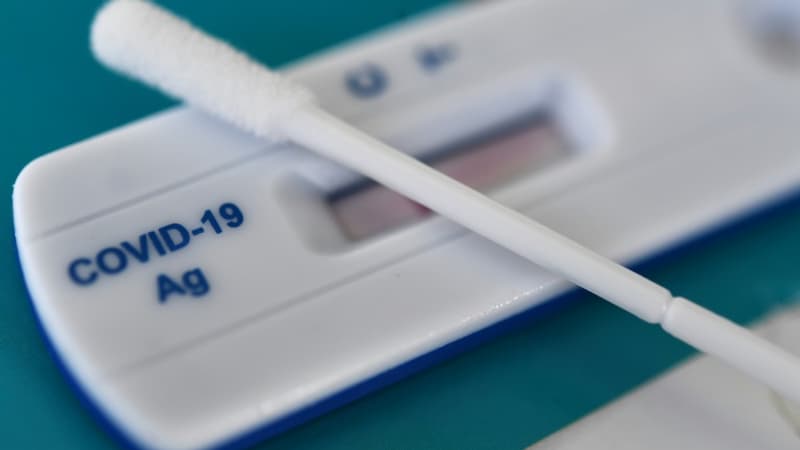The Omicron subvariant, called XBB, has been emerging for several weeks in certain Asian countries, such as Singapore and Bangladesh.
XBB is a sub-variant of Omicron that was detected in late 2021. Although it is more contagious than Delta, it is also less virulent than Delta. More specifically, XBB is a recombinant, that is, a variant that has been created by combining the genetic material of two different variants. In this case, the strains BJ.1 and BA.2.75, in turn subvariants of Omicron.
Where does it arise?
In recent weeks, XBB has caused a spike in the Covid-19 outbreak in Singapore. The Health Ministry said the country had more than 6,800 Covid-19 cases on Wednesday in a 7-day rolling average, compared with fewer than 3,000 at the end of September.
This new subvariant has also been detected in Bangladesh, Denmark, the United Kingdom, Australia, Belgium and Austria.
Despite this resurgence of the epidemic, “the number of serious cases has remained relatively low” and “there is no evidence that XBB causes more serious illness,” the Singapore Ministry of Health wanted to put into perspective on Tuesday.
“This is most likely due to accumulated resistance from vaccination and previous waves of infection,” he added.
Are vaccines still effective?
Faced with the resurgence of the epidemic, Singapore has decided to administer the bivalent vaccine designed by Moderna and Spikevax, which specifically targets the Omicron vaccine, to certain categories of people, such as those aged 50 and over, from Friday.
Four variant-containing mRNA vaccines, including Omicron BA.1 or BA.4/5 subvariants of the parent virus, have been licensed for use as booster doses. However, these vaccines may only offer a “small additional benefit”, however, the group of experts that advises the World Health Organization on vaccination said on Wednesday.
“Currently available data are insufficient to support a recommendation in favor of booster doses containing bivalent variants” compared to parent virus-based vaccine doses, it said in a statement.
According to a study by Chinese scientists, pre-published on October 4 and not yet peer-reviewed, recombinant XBB would be particularly resistant to antibodies. According to this study, this would mean that “booster vaccines designed on the basis of BA.5”, which is also a subvariant of Omicron, “may not provide broad-spectrum protection against infection”.
The Omicron variant accounted for 99.9% of the virus samples collected and sequenced as part of the global scientific initiative GISAID over the past 30 days. Among them, the BA.5 group of Omicron subvariants remained dominant overall at 81%, followed by the BA.4 mutation at 8% and the BA.2 subvariant at 3%.
Source: BFM TV


